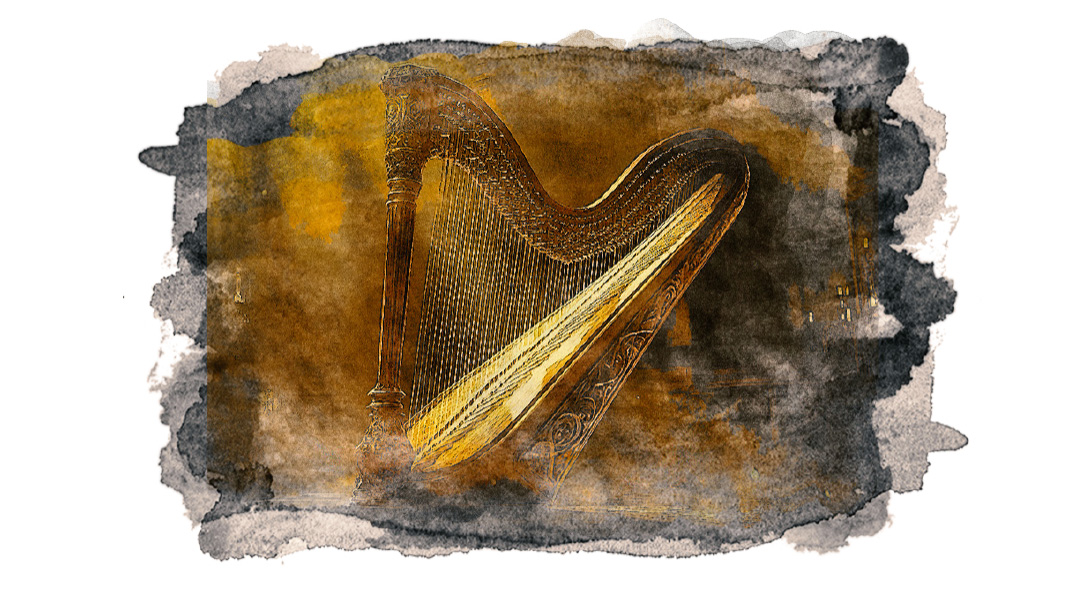The Dark and the Light

Believing Jews have a mission in life and are in no hurry to experience what comes later

Sometimes, a single line from a classic text can define the essence of a culture. One of the most celebrated lines in modern English literature is by the renowned Welsh poet, Dylan Thomas: Do not go gentle into that good night/Rage, rage against the dying of the light….
This is a powerful clarion call not to surrender meekly to the infirmities of old age (the “dying of the light”) and to that which inexorably follows old age (“that good night”), but to fight it vigorously every step of the way down. The poem is a combination of melancholy at the inevitability of the night that follows the day, together with a desperate cry to hold on, literally, for dear life .
On the same subject of old age and beyond, King David, lehavdil, in his Tehillim 92:15 says: “Od yenuvun b’seivah… —The righteous will still be fruitful in old age, vigorous and fresh will they be….” His is a message not of anger and struggle with reality, but of calm and peace — not resistance, but optimism and acceptance.
Dylan Thomas is an eloquent advocate for this world and its innate worth. Do not passively leave this world, because, he writes, beyond this world is only darkness and night.
Dovid Hamelech has a different perspective. Life in this world is of great worth, but not because of its joys and benefits, but for an entirely different reason: only in this earthly world can a person transform the physical into the spiritual and thereby connect with his Creator. Without this connection, we live in a world of spiritual darkness. It is in the World to Come — towards which This World is the vestibule — where we can experience
true light.
The world of Dylan Thomas is fundamentally a godless world with few restrictions, in which everything revolves around the self and its needs and desires. In such a world, the physical is paramount. It is not everything; it is the only thing; there is no other reality, no other purpose, as expressed in Koheles 8:15: “Le’echol v’lishtos v’lismoach… — eat drink and be merry.” When that “today” comes to an end, all is darkness. This is the world of Me.
The world of Dovid Hamelech, by contrast, is the world of Thou: all revolves around the Presence of the A-mighty. It is a G-d-centered universe of mitzvos, discipline, self-control, and of developing a relationship with a Higher Power and bringing Him into our world. Without this ability to connect with Him, and where there exists only the physical, this is a world of darkness, and only in the world-to-come is there true light.
That darkness precedes light comes as no surprise to a Jew. In the familiar words of the Creation narrative in Bereishis 1 and of our Friday night Kiddush: “Vayehi erev vayehi boker — and it was evening and it was morning….” First comes night, then comes day. In fact, the Talmud in Bava Metzia 83b explicitly refers to this world as a place of darkness.
For Dylan Thomas, as majestic a poet as he was, there is the deep sadness that when life in this world comes to an end, there is only emptiness, darkness and night.
But for Dovid Hamelech and classical Judaism, there is purpose and destiny in life. The end of that passage in Tehillim 92 reveals that purpose:“L’hagid ki yashar Hashem… — to declare that G-d is just, my Rock in Whom there is no imperfection.”
Believing Jews have a mission in life and are in no hurry to experience what comes later. We have “promises to keep and miles to go before we sleep.” The promises Robert Frost had in mind are not clear, but a Jew’s covenant and promises were made at Sinai. These promises need to be fulfilled before we visit that good light, which — inevitable as it is — is not the end but a new beginning.
On a more temporal note: May the new year be one of light that will illuminate the darkness that Am Yisrael experienced this past year. In the words of the ancient tefillah that could have been written today: “Acheinu kol beis Yisrael... our brothers, the entire family of Israel, who are in distress and captivity… may G-d have mercy upon them and move them from darkness to light, from subjugation to redemption… speedily and soon. Amen.
(Originally featured in Mishpacha, Issue 1034)
Oops! We could not locate your form.







